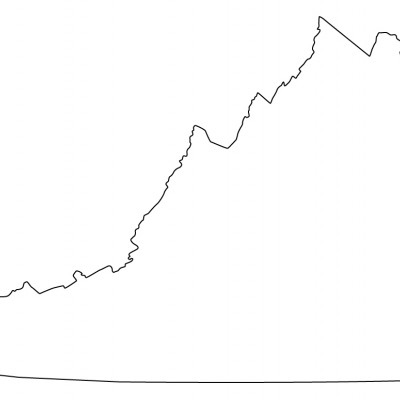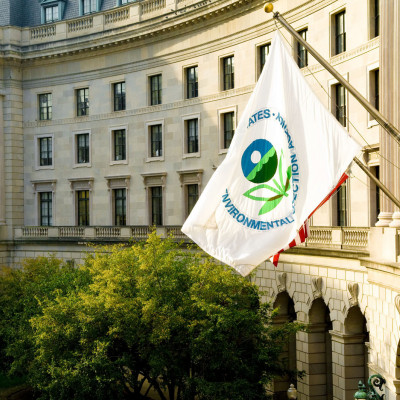February 28, 2018
February 2018 at Policy Integrity:
- Offshore Drilling Royalty Changes
- History of Mineral Royalties
- Virginia to Join RGGI
- Comments on Clean Power Plan Replacement
- Diversifying Environmentalism Conference
- “Sloppy and Careless” Rollbacks
-
Offshore Drilling Royalty Changes
At a meeting on February 28, the Interior Department’s Royalty Policy Committee recommended lowering the royalty rate that companies pay to the public when they drill for oil and gas in U.S. coastal waters. Jayni Hein offered analysis of the change to E&E News, saying, “There is no credible evidence that lowering the offshore royalty rate would benefit the American public, and doing so will deprive taxpayers of fair market value for publicly owned resources. This change represents an egregious giveaway to industry.” Hein, who has authored scholarship on mineral royalties (see one recent article below), submitted comments to the Committee and made verbal comments at the meeting, arguing that such a change would go against the Interior Department’s statutory mandate to earn fair market value for the development of publicly owned natural resources.
-

The History of Mineral Royalties
Companies pay royalties to federal and state governments when they extract fossil fuels from public lands and waters. A new article by Jayni Hein and Caroline Cecot in the Duke Environmental Law and Policy Forum evaluates the case for increasing royalty rates to account for environmental externalities from economic and historical perspectives, arguing that royalties have been used as a policy lever to promote social welfare for centuries. The paper examines historical uses of government royalties, relevant economic justifications, legislative history, and current examples of royalty use by private actors, in order to highlight the precedent for incorporating externality costs into royalty rates.
-

Virginia’s Proposal to Join the Regional Greenhouse Gas Initiative
As part of its climate plan, Virginia has proposed joining the Regional Greenhouse Gas Initiative (RGGI), a carbon trading program that currently includes states across the Northeastern U.S. We submitted comments to RGGI on how it can incorporate Virginia into the program and reduce carbon emissions in a cost-effective way. Adding Virginia’s electricity generators to RGGI will improve the efficiency of the carbon trading program, but RGGI should ensure that the integration limits unintended windfalls to regulated power producers in the state.
-

Comments on Clean Power Plan Replacement
Though the Environmental Protection Agency plans to replace the Clean Power Plan, our recent comments to EPA reiterate that there is no compelling legal or economic case for repealing the Clean Power Plan or deviating from its flexible design. The Clean Power Plan is a permissible exercise of the EPA’s rulemaking authority under the Clean Air Act, is consistent with regulatory precedent, and is hugely cost-benefit justified.
-
Diversifying Environmentalism Conference
At our recent conference with Green 2.0, environmental leaders from philanthropy, academia, government, and the nonprofit sector discussed the movement’s pipeline problem and the policy implications of a monolithic movement. If you missed the conference, you can watch video of the event online.
-
In the News: “Sloppy and Careless” Rollbacks
A recent article in the Guardian discusses how litigation is successfully slowing and in some cases reversing the Trump administration’s rollbacks of environmental rules. “The Trump administration has been sloppy and careless, they’ve shown significant disrespect for rule of law and courts have called them on it,” Richard Revesz told the outlet. The article highlights a number of the administration’s court losses in environmental cases. “I expect we will see a number of further losses for the administration on similar grounds,” said Revesz. “If they keep showing the same disregard for the law, their attempt to repeal all these environmental regulations will go badly for them.”

